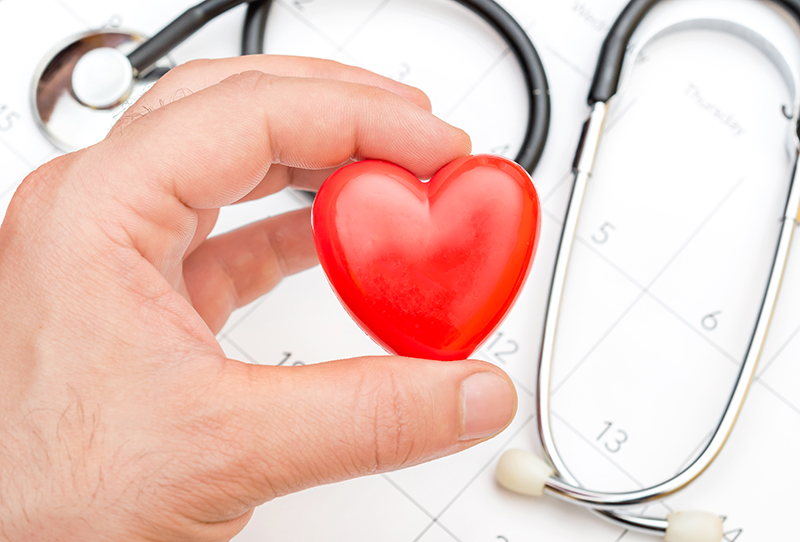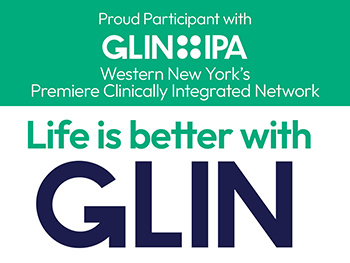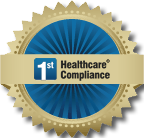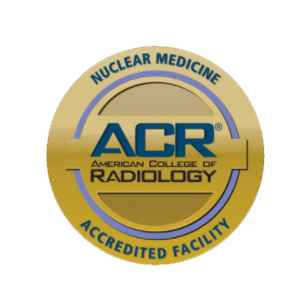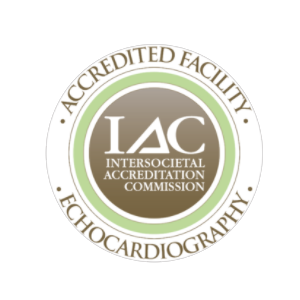While February might be American Heart Month, cardiovascular health is an important cornerstone of overall health that’s worth celebrating and maintaining 365 days a year. For some everyday tips to keep hearts going strong, we spoke with Dr. Vijay Iyer, Medical Director of Cardiology at Great Lakes Cardiovascular and Chief of Cardiology at Buffalo General Medical Center and Gates Vascular Institute.
1. Know your family health history.
“Knowing your family history and whether anyone developed heart disease at an early age helps you understand your preexisting risk,” says Dr. Iyer. “If you’re at high risk because of family history and you have other risk factors like diabetes, high blood pressure, and so on, it’s important to get more aggressive with prevention and work with a cardiologist and come up with a plan.”
2. Exercise for at least 15 minutes a day.
“It’s important to do the little things to move more,” says Dr. Iyer. Even simply walking briskly for 15 minutes is a great start and is a short enough timeframe to fit into even the busiest schedules.
3. Quit smoking.
“Absolutely refrain from smoking,” says Dr. Iyer. “It’s the worst thing you can do for your heart.”
While quitting can be challenging, it’s always worth it. Finding the right smoking cessation program and having a support network are crucial. Your doctor—and friends who have successfully kicked the habit—are great resources to find a strategy that fits your personality, habits, and budget. And if one method doesn’t work for you, try another.
4. Improve what’s on your plate.
Keto? Paleo? Mediterranean? Juice? There’s no shortage of diets and food trends claiming to be the healthy way to eat. And while many of them do have valid heart benefits, going from a daily burger to a life of quinoa and kale overnight isn’t realistic or sustainable—but finding healthier replacements for certain red-flag foods whenever possible is a no-brainer.
“There’s so much info out there about healthy eating that it’s daunting,” says Dr. Iyer. “But we know the basics: cut back on fried foods, red meats, and saturated fats. A little bit in moderation is fine, but don’t overdo it.”
5. Start young.
“Heart health starts in your 20s; you can’t wait to think about it until you’re in your 50s,” says Dr. Iyer. “Cardiovascular issues generally don’t develop in two years—it takes a long time for heart disease to progress, so it takes a sustained effort to prevent it, too. You should know your family history and cholesterol profile by age 25. And if you never start bad habits in your early years, you never have to quit them later.”
6. Don’t wait for a crisis.
“Prevention is hard,” admits Dr. Iyer. “We don’t change if nothing has happened yet. Most of the time we say we need to have a wake-up call to change, but that’s a heart attack or stroke in this case. We want to avoid that. It’s hard to be motivated if you haven’t had an event yourself or had friend or family member experience a heart attack or stroke. The reasons behind not adopting healthy habits aren’t that people are unaware, but it’s more of an ‘it hasn’t happened to me yet’ phenomenon.”
7. Get heart healthy together.
There are few things that sabotage a diet faster than a well-meaning spouse or best friend showing up with a pizza or a box of donuts. Whether you’re trying to eat better, be more active, or give up cigarettes, one of the surest ways to success is to share your journey with those around you.
“Life is busy—it’s hard to make changes and sustain them, but it’s easier with support,” says Dr. Iyer. “Lifestyle improvements are often decisions to make as a family or as a couple, not as an individual. For example, if you’re a couple, both people need to commit to stop smoking. It’s not going to work if one person is trying and the other is not.”
Dr. Vijay Iyer is an interventional cardiologist specializing in structural heart interventions. His clinical practice includes general cardiology, interventional cardiology, and complex valvular heart diseases. He directs the complex valve clinic at Buffalo General Medical Center, as well as structural heart interventions at the Gates Vascular Institute and Buffalo General Medical Center. https://www.greatlakescardiovascular.com/physicians/interventional/vijay-iyer-md-phd

 APPLY ONLINE TODAY!
APPLY ONLINE TODAY!
